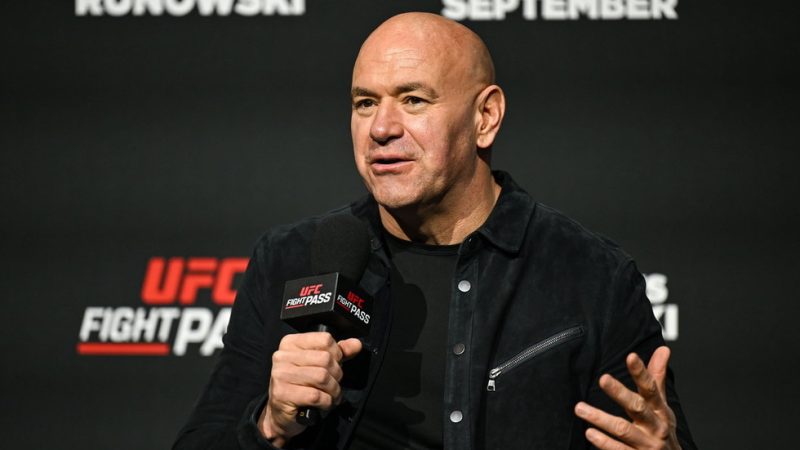
The world is a complicated place, and the realm of professional sports is no exception. The ongoing geopolitical tensions surrounding Russia have cast a long shadow across various industries, and the Ultimate Fighting Championship (UFC) is no stranger to the complexities of navigating this challenging landscape. Recently, UFC President Dana White confirmed that the organization has continued to work with Russian fighters, a decision that has sparked debate and raised questions.
This isn’t a simple case of black and white. While many organizations have severed ties with Russia in response to the conflict in Ukraine, the UFC’s approach suggests a different perspective. White’s statement emphasizes that the UFC ‘never stopped’ working with Russian fighters, highlighting the organization’s commitment to a global talent pool. This stance underscores the complexities involved in balancing ethical concerns with the pursuit of sporting excellence. It’s a decision that forces us to consider the intersection of politics, business, and the individual athlete.
The decision to continue working with Russian fighters has been met with mixed reactions. Some argue that the UFC’s actions demonstrate a lack of social responsibility, suggesting that prioritizing profit over ethical considerations is a morally questionable stance. Others, however, point to the individual nature of athletic competition and the importance of not punishing athletes for the actions of their government. They argue that penalizing Russian fighters is unfair and could set a dangerous precedent for future international conflicts.
Ultimately, the UFC’s decision to maintain its relationships with Russian fighters reflects a complex calculation of competing values. It’s a reminder that the world of professional sports isn’t immune to the realities of global politics and the ethical dilemmas that arise from them. The ensuing debate forces us to confront difficult questions about the responsibilities of multinational corporations operating in a politically charged environment. What is the appropriate balance between business interests and social responsibility in the face of international conflict? This is a conversation that is likely to continue for some time to come.










